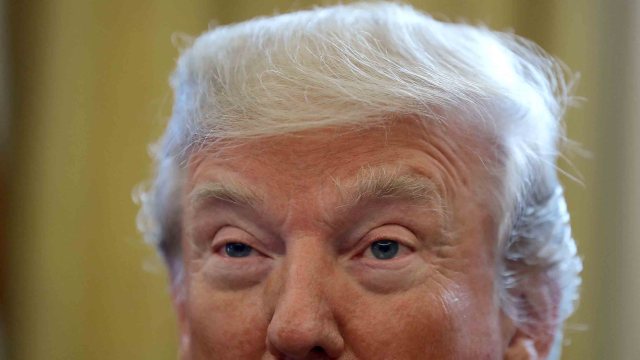How precision-loving economists make “rigor distortis” errors

1. Isn’t it odd that real economies often defy economists? Has post-financial-crisis criticism made us savvier consumers of economic ideas? Let’s consider the precise professional habits that generate “cry wolf”, “what wolf?”, and “rigor distortis” errors in many economists.
2. A rigor-loving psychology, paradoxically, predisposes many economists to prefer being narrowly right yet broadly wrong. Their precision-seeking methods rigorously misrepresent reality (“rigor distortis”).
3. Cry-wolf “economists have had another terrible year,” writes right-wing journalist Jeremy Warner. A “substantial majority of economists” predicted “market mayhem” after Trump’s election. The IMF expected a “profound shock to global confidence” after the Brexit vote. Neither happened.
4. Meanwhile a “what wolf?” free-markets-benefit-all faction continues preaching markets-know-best doctrines, despite decades of contrary data (unshared gains) and many disastrous market “decisions.”
5. How are such smart experts seduced into “rigor distortis”? Their approved methods (“methodological monism”) permit only precise, rigorous logic which excludes factors lacking data (+ equation filtering). And they’re predisposed to resist unavoidably imprecise reality-reinjecting adjustments (McNamara Fallacy).
6. “All-else-equal” thinking also worsens these rigorous-but-wrong habits. In reality, many factors shift simultaneously. And incentives often cut both ways—do higher taxes mean people work less, or more, to maintain prior spending?
7. Fans of “self-organizing” markets often ignore that self-organization needn’t be benign. Misaligned and bad actor incentives abound.
8. For instance, pervasive incentive flaws arise because both sides of voluntary transactions “gain” from cost exclusions (”externalities”). However repulsive rigor-lovers find unavoidably imprecise externality adjustments, reality has precisely zero unaffected markets (all offerings consume energy… pollution externalities always > 0).
9. Indeed, there are no “unfailed” markets in reality (see Brad Delong’s unrealistic caveats).
10. The vast academic literature on externalities is used like “holy water” (Garrett Hardin), sprinkled then ignored. Shouldn’t noneconomists judge economic ideas as enacted (however selectively)?
11. A dysfunctional ethics-outsourced-to-markets game gives executives excuses to cherry-pick economic ideas. While “what-wolf?” economists ignore how routinely greed-guided businesses subvert market doctrines (e.g., economists mostly just assume away “pricing power”).
12. Reality-denying methods led Andrew Gelman to compare economics to Freudianism. Both are explain-all, know-the-answer-in-advance frameworks convincing to rich clients.
13. Another Freud-like habit of economists is to project their love of incentive optimization onto others. Many real humans find such calculated decisions stressful, and avoid them. Why organize life around a rare sort of rationality (rare even among economists)?
14. Economics’ defenders trumpet their (shockingly recent) embrace of data, but as Warner notes, descriptive data is used in models that presume mechanistic responses, ill-suited to social systems.
15. Always ask how economists adjust for known exclusions. And why given models presume causal stability. Unless they offer practical answers and adjustments for unmodeled effects, you can ignore them, just like real economies do.
16. Rationalist economics is almost self-refuting. Is it rational to continue paying experts whose models assume rationality, yet often fail to match reality?
17. Descriptive economics is useful (see Noah Smith’s minimum-wage research summary), but prescriptive, often reality-denying, market faith is far from irrational.
Illustration by Julia Suits, author of The Extraordinary Catalog of Peculiar Inventions, and The New Yorker cartoonist.





